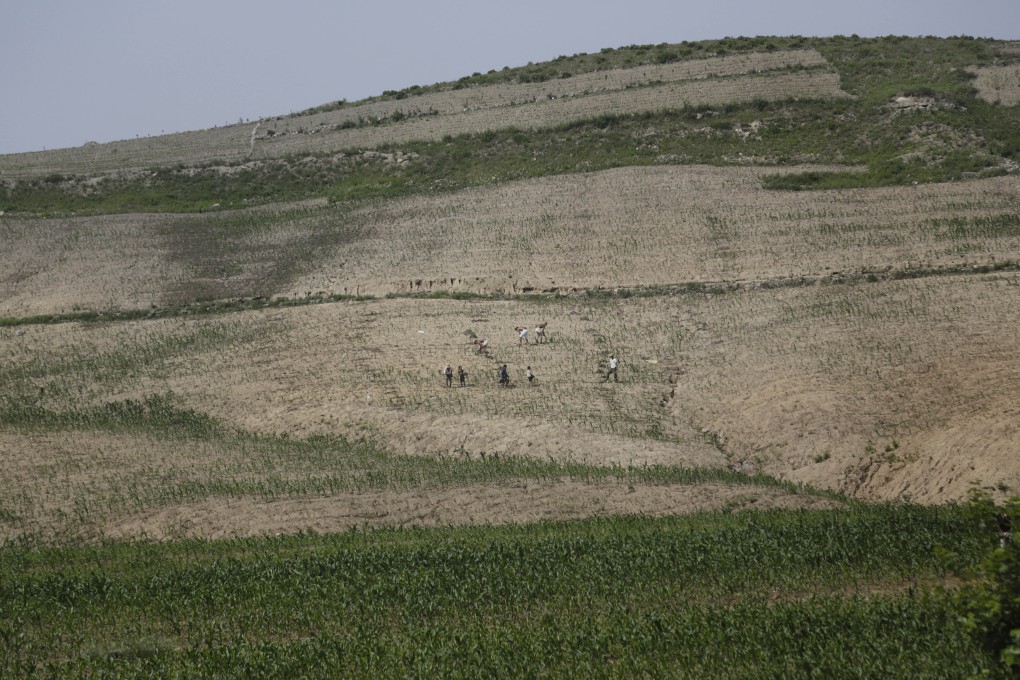North Korea seeing worst drought in a century as UN warns of ‘serious concerns’ for food, people
- It recorded its worst harvest for a decade last year, according to the United Nations, down by 500,000 tonnes as natural disasters combined with its lack of arable land and inefficient agriculture to hit production

North Korea is experiencing its worst drought in over a century, official media reported on Friday, days after the World Food Programme expressed “very serious concerns” about the situation in the country.
It recorded its worst harvest for a decade last year, according to the United Nations, down by 500,000 tonnes as natural disasters combined with its lack of arable land and inefficient agriculture to hit production.
In the year to Wednesday the North received just 56.3 millimetres of rain or snow, the Rodong Sinmun newspaper reported Friday, the lowest since 1917.
Water was running out in the country’s lakes and reservoirs, said the paper, the official mouthpiece of the ruling Workers’ Party, adding: “The ongoing drought is causing a significant effect on the cultivation of wheat, barley, corn, potatoes and beans.”